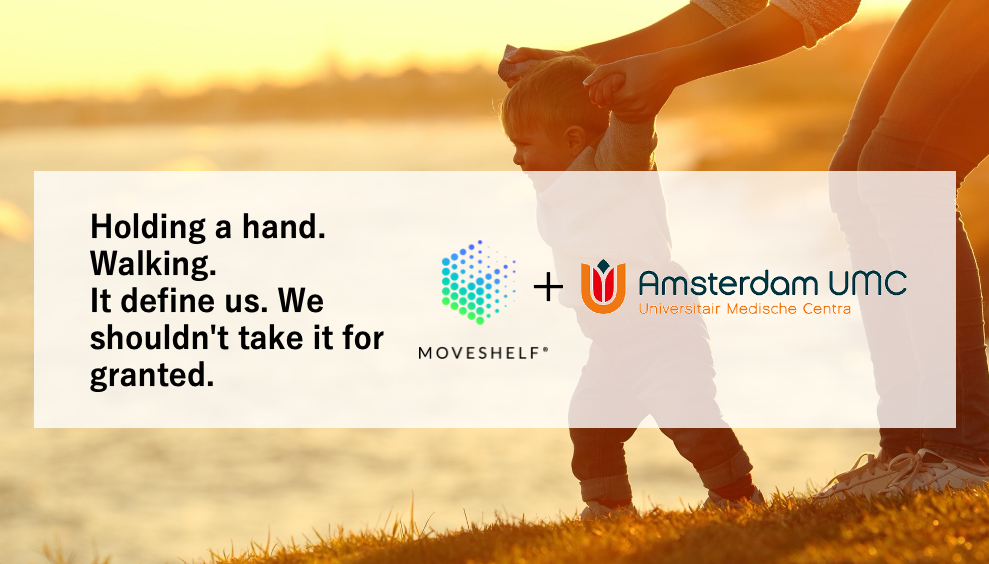We are happy to congratulate Amsterdam UMC and Dr. H. Haberfehlner to have received an IMDI (Innovative Medical Device Initiative) grant from ZonMw for the development of MODYS@home, an application for automatic assessment of movement disorders in children, combining inertial sensor data and videos with machine learning to automatically detect dyskinesia in real life environments.
Within the ongoing collaboration between Amsterdam UMC and Moveshelf, MODYS@home research represents for us cornerstones and concrete steps in our mission to enable personalized and objective healthcare to anyone affected by movement disorders, and in building a secure software that can enable clinical movement analysis at home. In the long run, this new application will give clinicians a better understanding of the movements of a child over long periods of time and in how children react to real-life situations, sometimes fun or scary. This is not possible today with traditional 3D gait analysis laboratories. As a result, we hope this will give clinicians new tools to be able to more accurately adjust medications and treatment strategies to improve quality of life of children and families affected by this disease.
The project is a cooperation between the Cerebrale Parese Expertisecentrum – Amsterdam UMC (Helga Haberfehlner, Annemieke Buizer, Marjolein van der Krogt and Laura Bonouvrié), Jaap Harlaar (TU Delft) and Moveshelf, of course!
Read the original news item from Amsterdam UMC here.
We look forward to continuing working with the partners, thought leaders and innovative organizations, to build the future of movement analysis and enable personalized and objective healthcare!


